


Brazilian researchers analyzed behavioral and physiological factors in animals whose mothers received a synthetic substance that activates the same receptors as marijuana during pregnancy. The consequences were different in males and females.
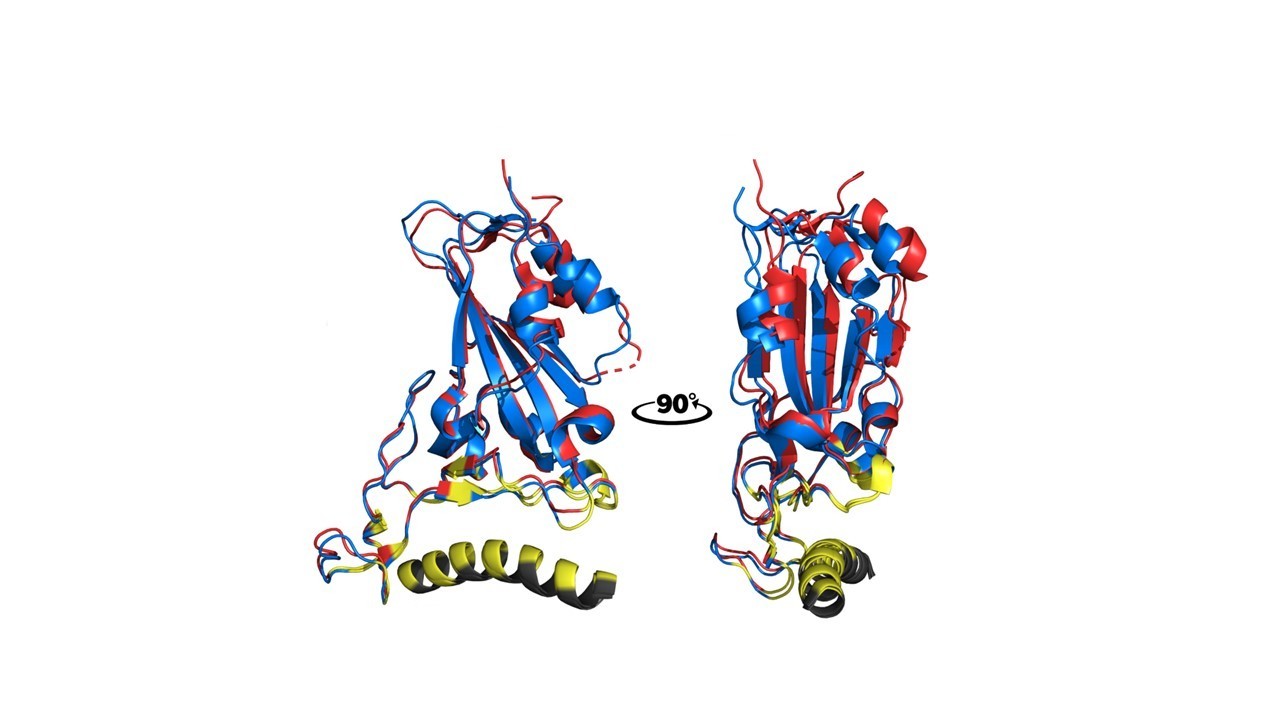
The synthetic peptide was inspired by ACE2, the protein to which the virus that causes COVID-19 binds to invade human cells. The results point to a route for the development of novel antivirals.
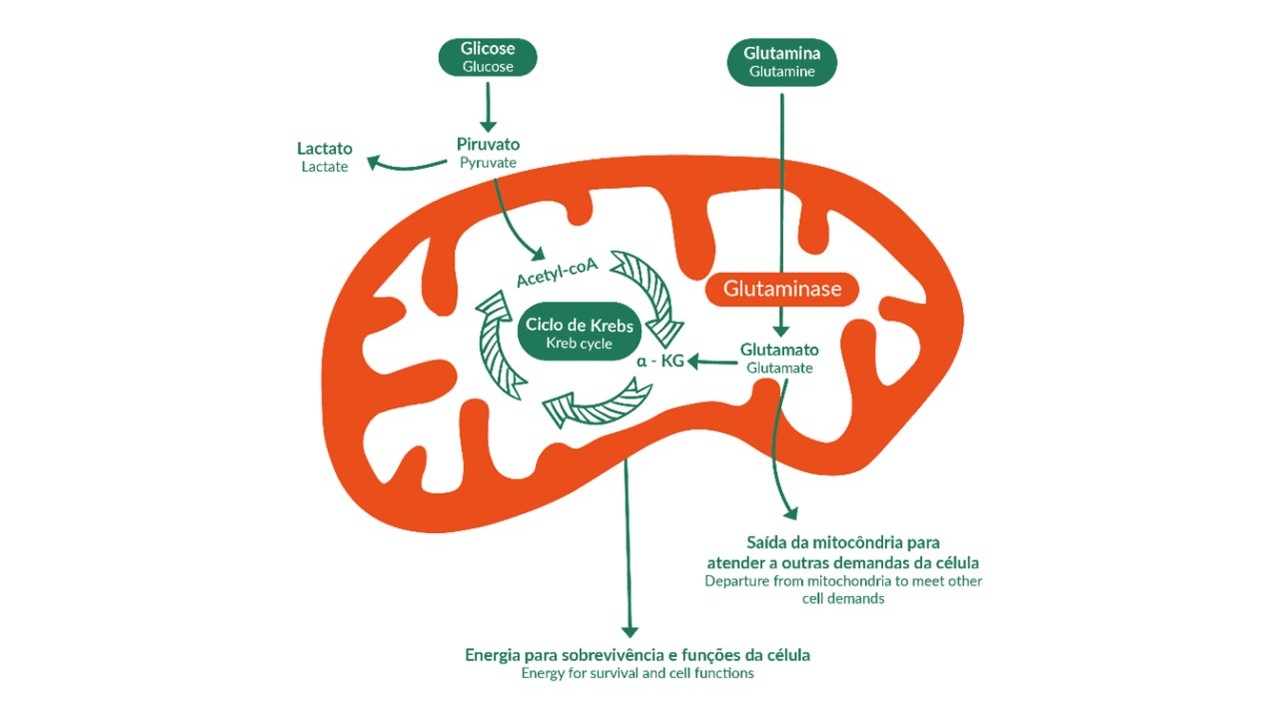
Promising results were obtained by a group at the Brazilian Center for Research on Energy and Materials (CNPEM), working with collaborators elsewhere. They combined inhibition of glutaminase, an enzyme that converts glutamine into nutrients for tumor cells, with inhibition of HuR, a protein that regulates the RNA of glutaminase.
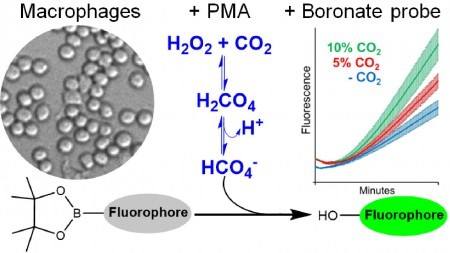
A study conducted at the University of São Paulo in Brazil helps elucidate the impact of high levels of atmospheric carbon dioxide on human health.

The product, derived from sugarcane, is being developed by Dermbio Biotech, a startup incubated at the State University of Campinas.

The conclusion is from a study of 774 vegans conducted by researchers at the University of São Paulo in Brazil. An article reporting its findings is published in JAMA Network Open.
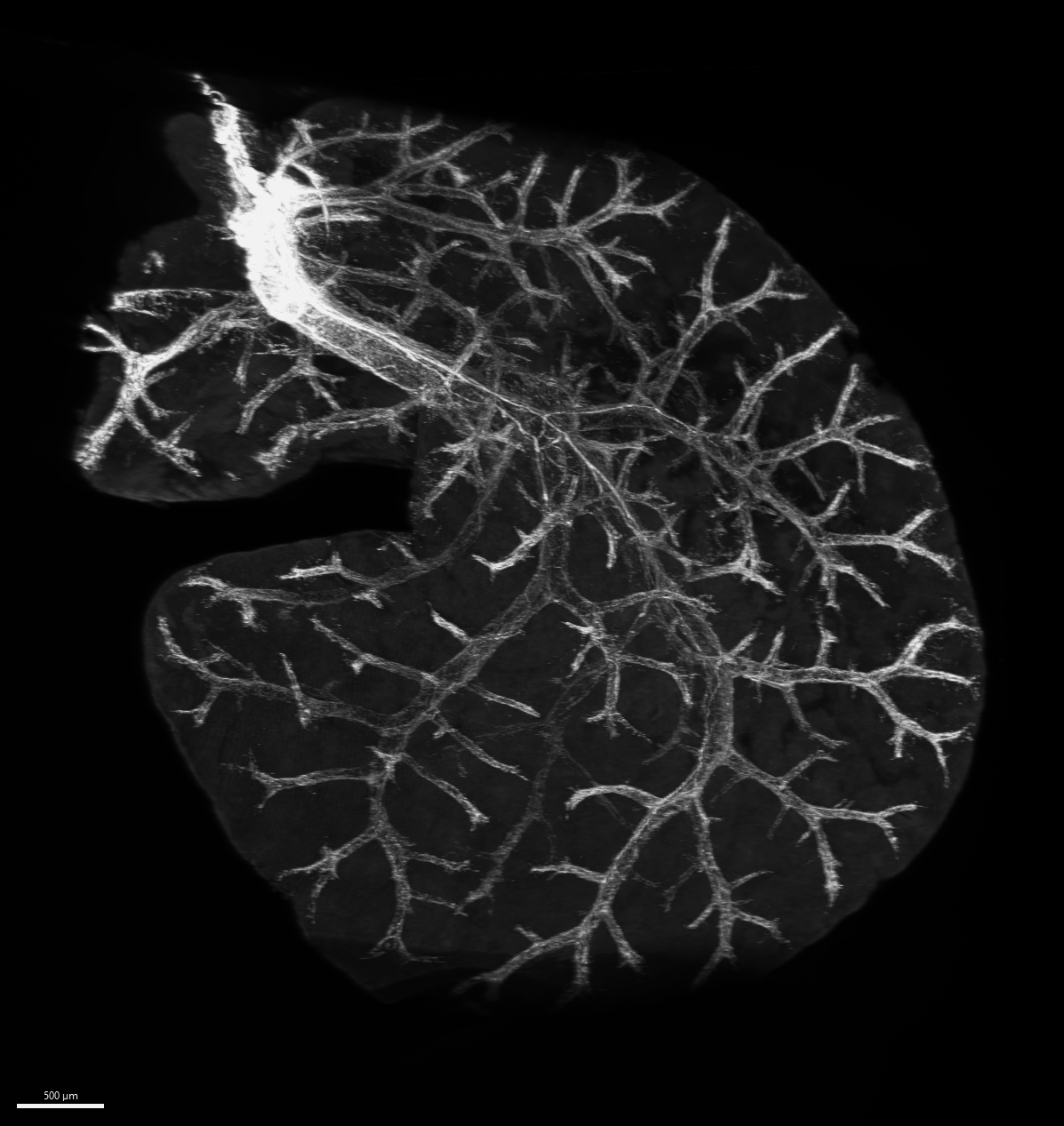
In addition to providing a detailed description of the morphology of hepatic nerves, the study led by Brazilians showed that the increase in blood sugar was activated by a protein called CREB.
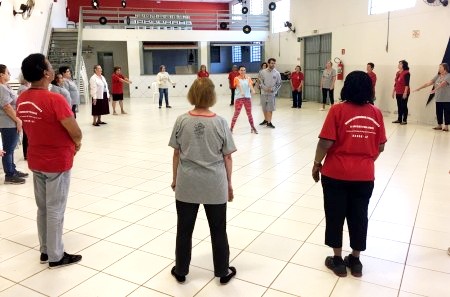
Researchers at São Paulo State University (UNESP) in Brazil evaluated the effect of three different low-cost training programs on a group of socially vulnerable female volunteers. HIIT combined with muscle strength exercises was the most efficacious in terms of reducing blood pressure and arterial stiffness, the main risk factors for cardiovascular disease.
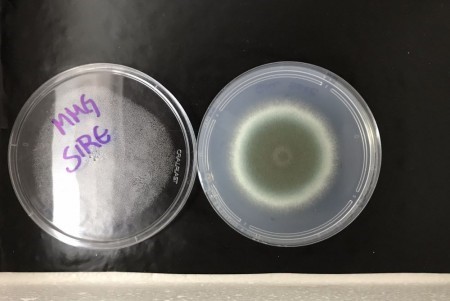
The researchers are now looking for a molecule that inactivates the protein expressed by the gene as a basis for a drug that could complement existing medications, which are not always effective and can have adverse side-effects.
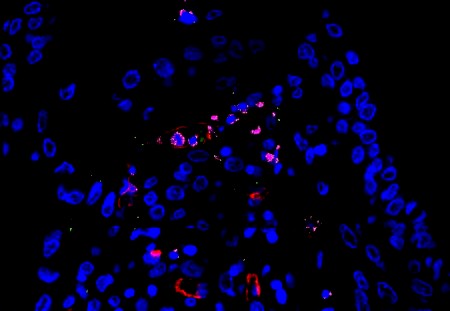
In PLOS Pathogens, researchers at the University of São Paulo in Brazil report a study based on autopsies of 47 patients who died after being infected by the ancestral strain of SARS-CoV-2. The findings will support clinical decisions on the treatment of critical cases.

In the journal Current Microbiology, Brazilian researchers describe how three strains of bacteria in the genus Lactobacillus can benefit human health and meet the needs of the cheese industry.

Brazilian researchers investigated the effects of delivery date manipulation to avoid the Carnival holiday. Their findings suggest Brazilian women are giving birth too early, impairing the health of their babies.

The researchers based their findings, published in Molecular Autism, on data for more than 900 children with ASD and experiments with brain organoids derived from blood cells donated by some of the children.
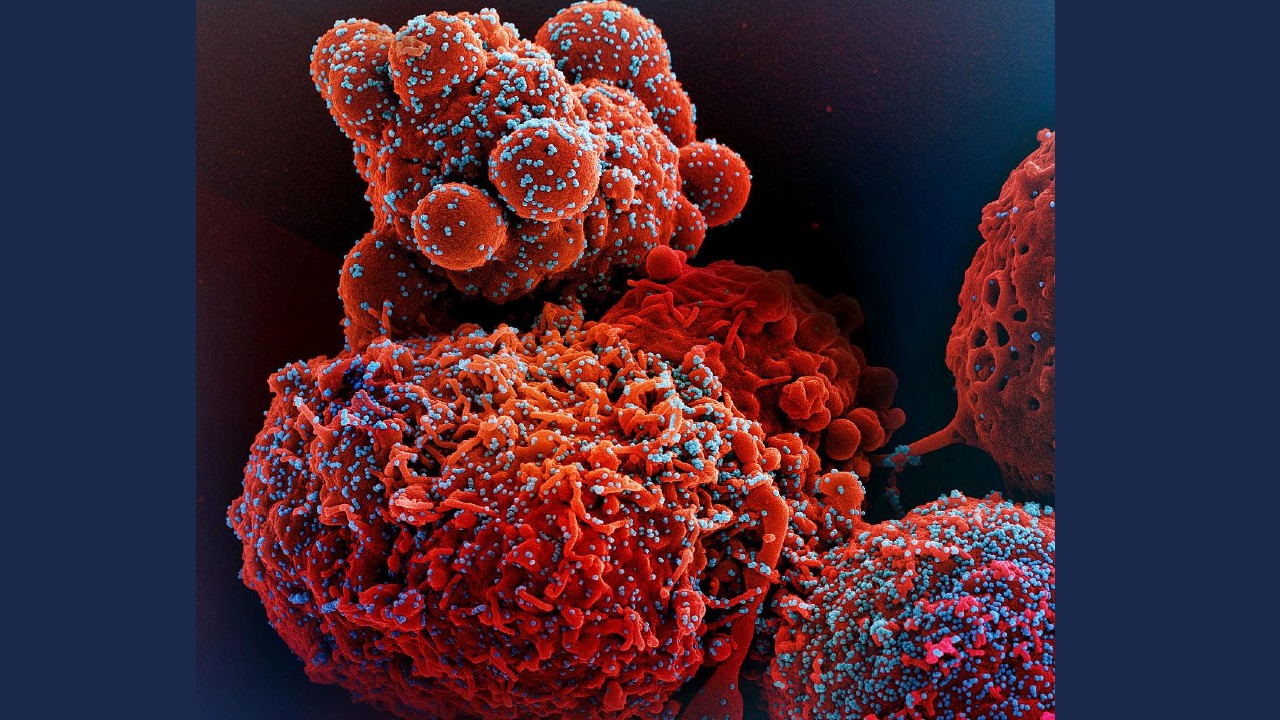
According to Brazilian researchers, SARS-CoV-2 uses this strategy to manipulate the machinery of the host’s defense cells. The discovery paves the way for the development of novel therapies.

Experiments with mice at the University of São Paulo used cutting-edge techniques to investigate the neural circuits behind aversive behavior and fear memory. The findings are reported in Current Biology.

Brazilian researchers publish preliminary data showing that the pathogen has undergone mutations making it more aggressive and contributing to resurgence of the disease in Brazil since 2023.

The analysis was conducted by researchers at São Paulo State University (UNESP), showing that when the patients took the drug, the number of times they woke up during the night fell by 25% and the amount of time they remained awake fell 30% on average.
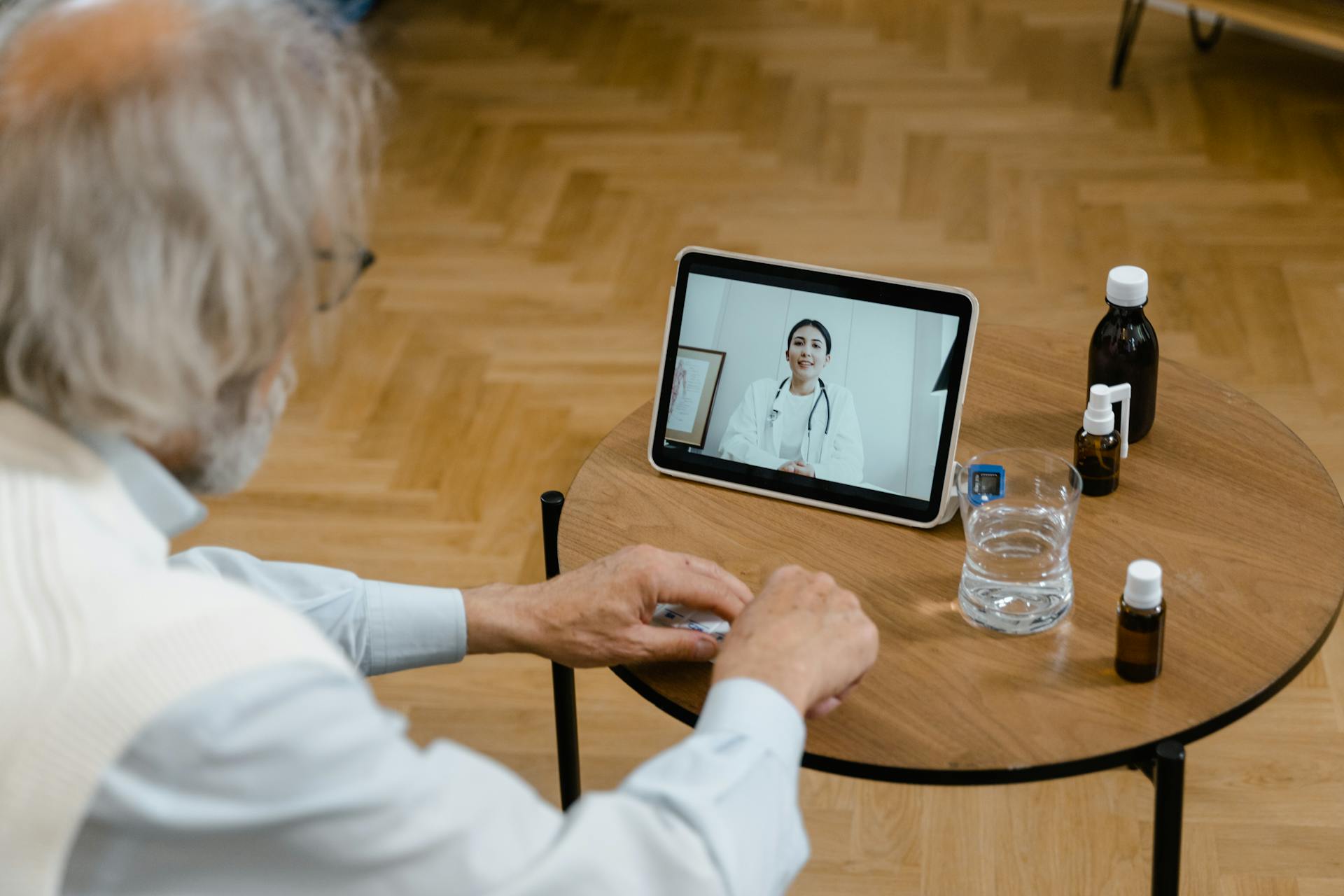
The protocol was designed at the Federal University of São Carlos (UFSCar). Trained carers help patients take standard tests used by geriatricians and physical therapists, performing them in their own homes with remote assistance from health workers. The goal is to facilitate access to treatment for older people with dementia.
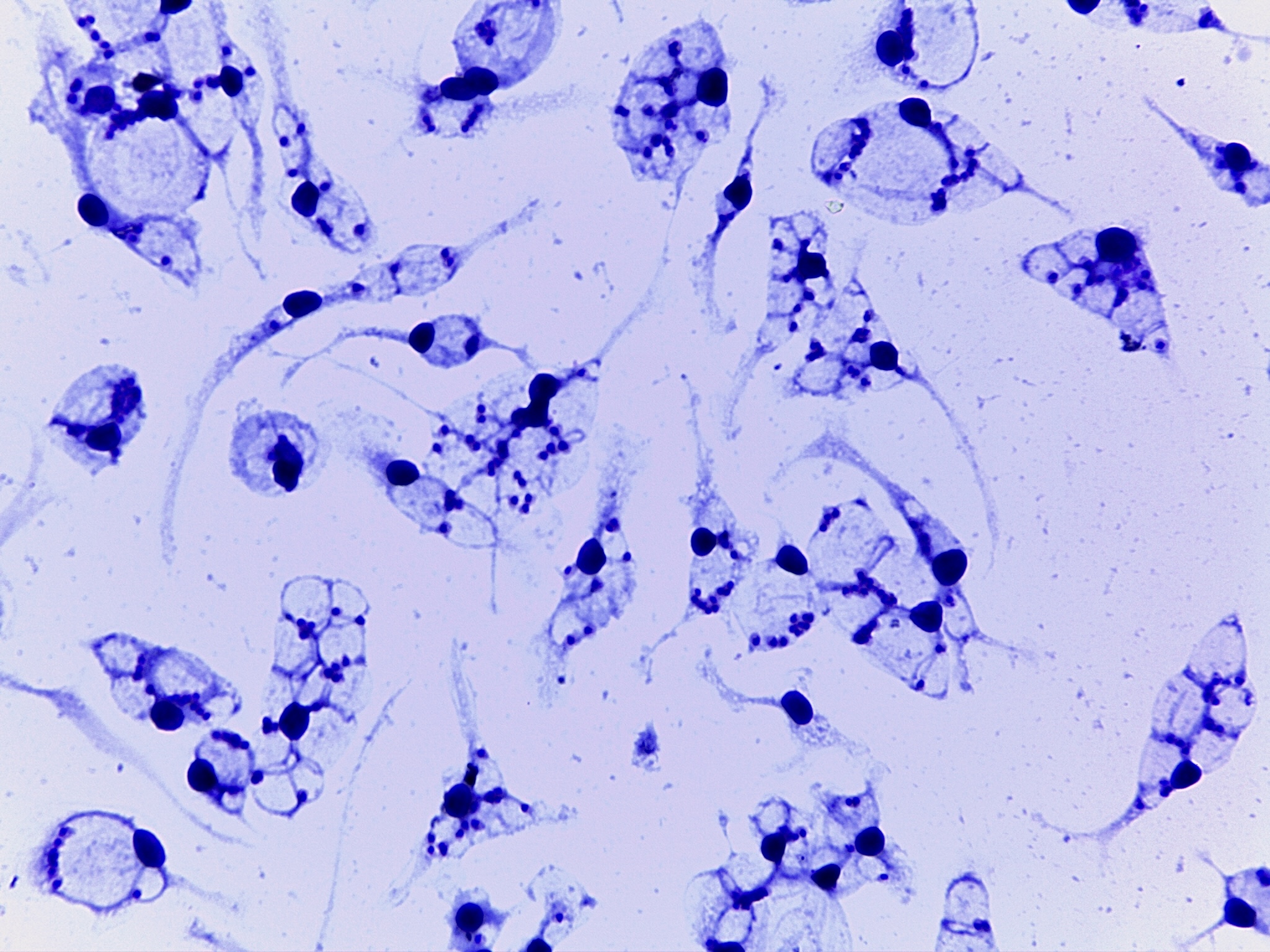
Trials conducted at the State University of Campinas (UNICAMP) confirm that the isolate of Leishmania amazonensis from a 46-year-old patient is resistant to amphotericin B.
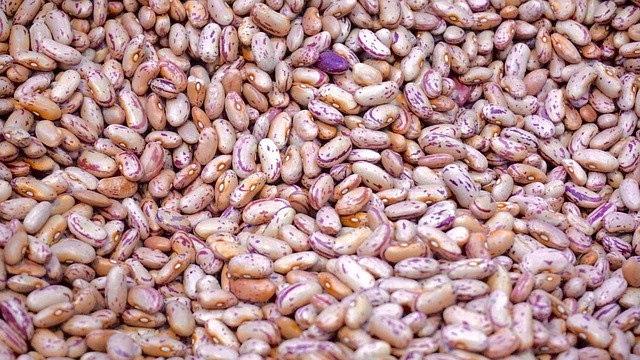
Produced by a startup supported by FAPESP, the bean protein concentrate is designed to appeal to flexitarians – consumers who want to increase their intake of plant-based foods and decrease that of animal products.

The biotech based at MIT is developing bioactive versions of the product using the same technique as breweries and pharmaceuticals that produce biologics.

Mice that did not produce interleukin 22 binding protein (IL-22BP) had stronger defenses, according to an article published in PNAS. Understanding the protein’s role in intestinal health can pave the way to novel therapeutic strategies.

A study involving 302 volunteers showed that although the damage caused by SARS-CoV-2 was most intense among those who had severe COVID-19, some exhibited memory loss and attention deficit more than 18 months after being infected, even though they had not needed to be hospitalized.
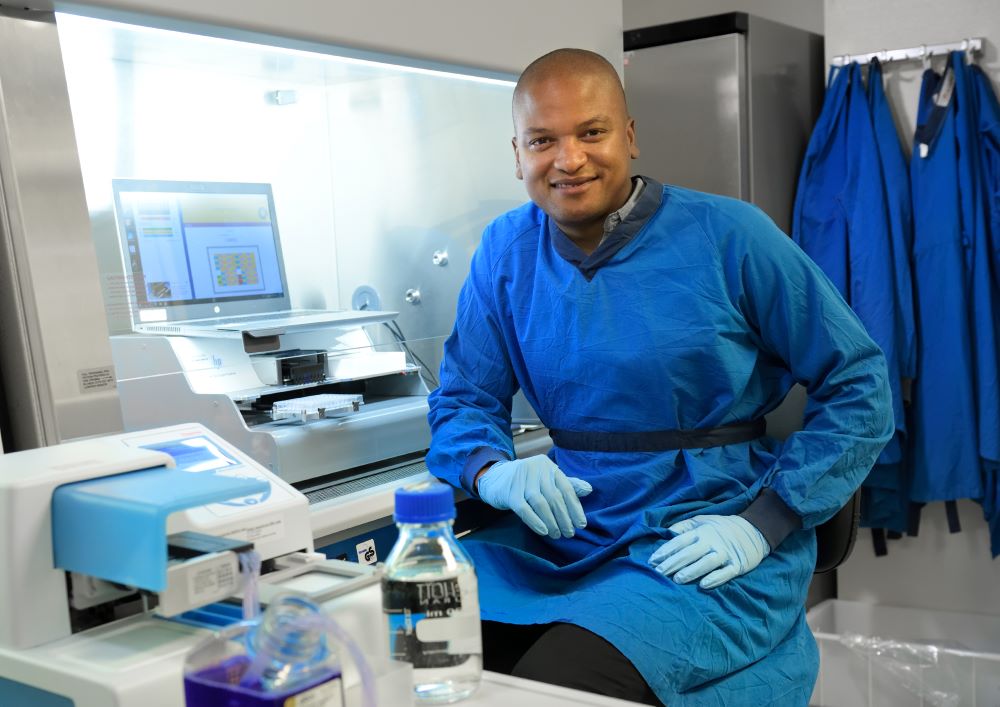
Brazilian researchers innovated by stimulating tumor cells so much that they became stressed and could survive only by behaving like healthy cells. The results of the study were so promising that the researchers plan to hold clinical trials with patients, to be conducted in the Netherlands before the end of 2024.
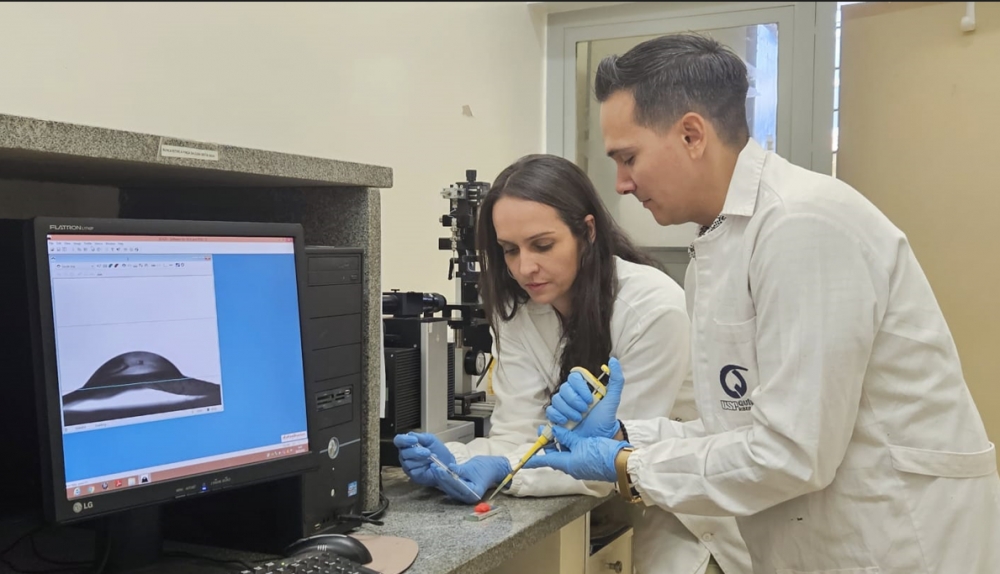
Researchers at the University of São Paulo conducted in vitro experiments with bone cells to confirm the properties of the novel biomaterial. Their findings suggest it can replace natural bone in grafting procedures to remedy defects or injuries.